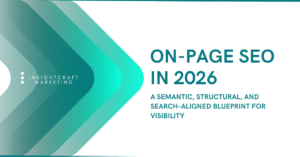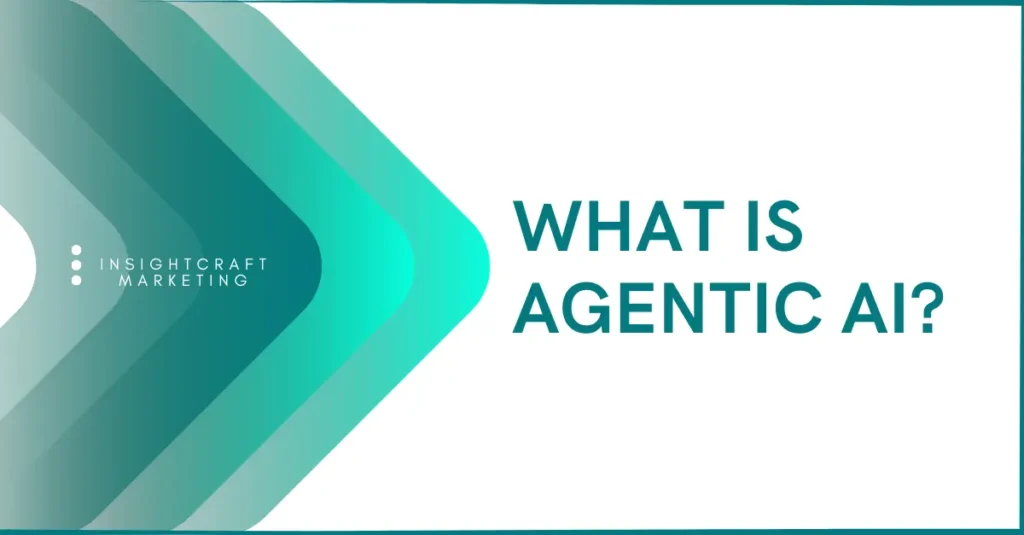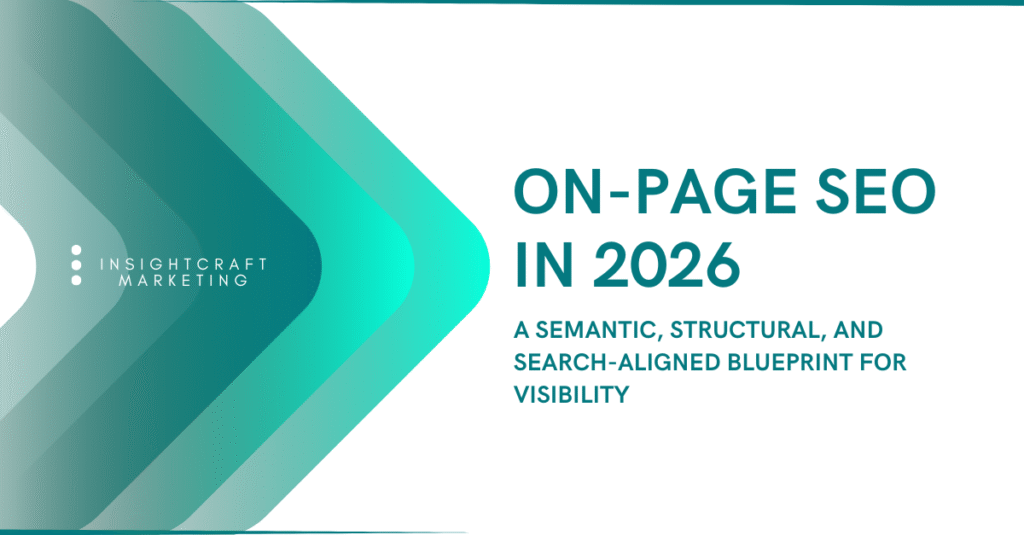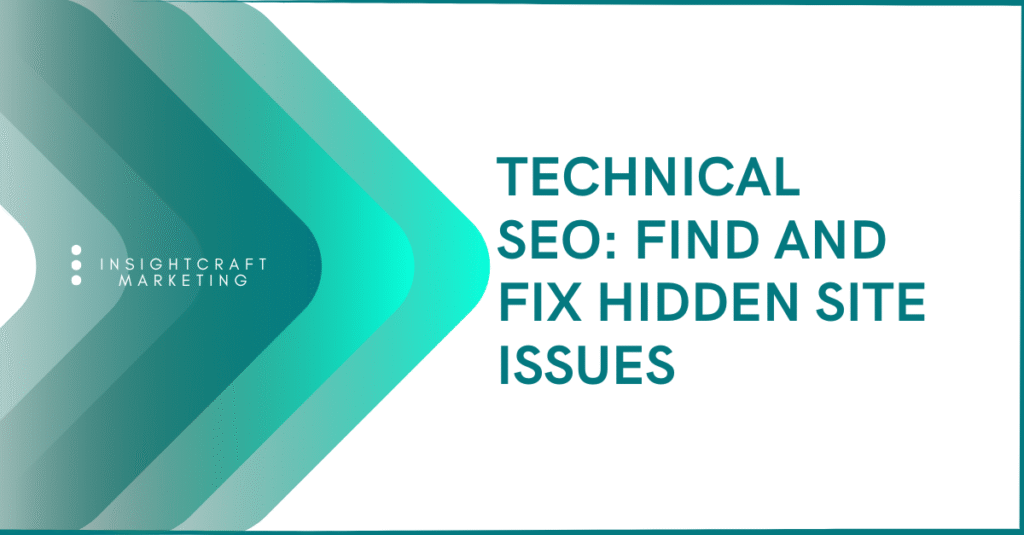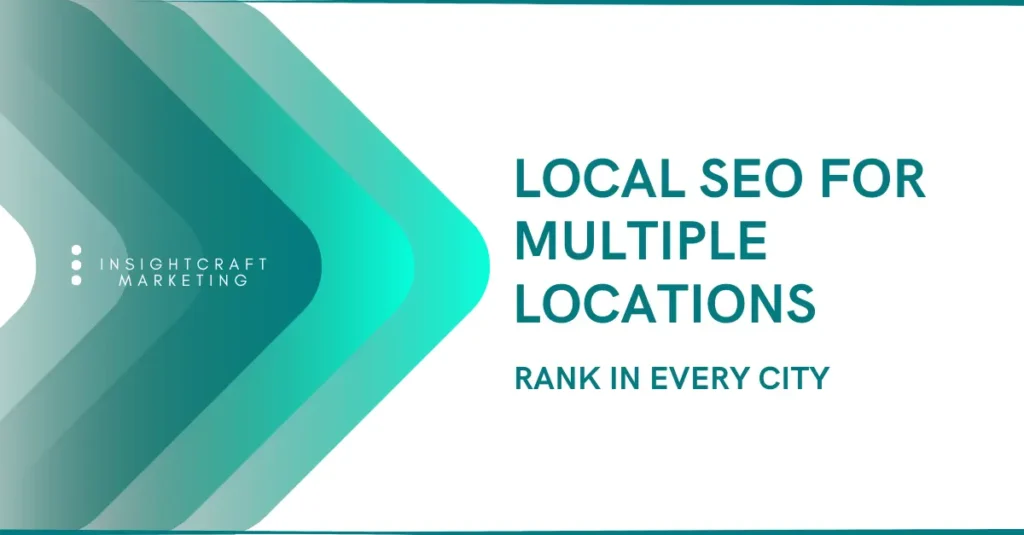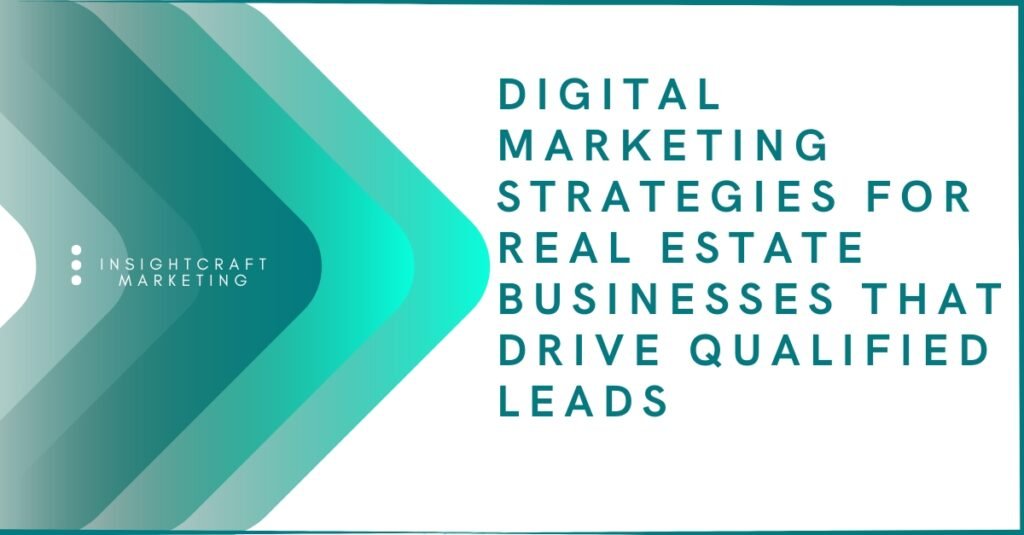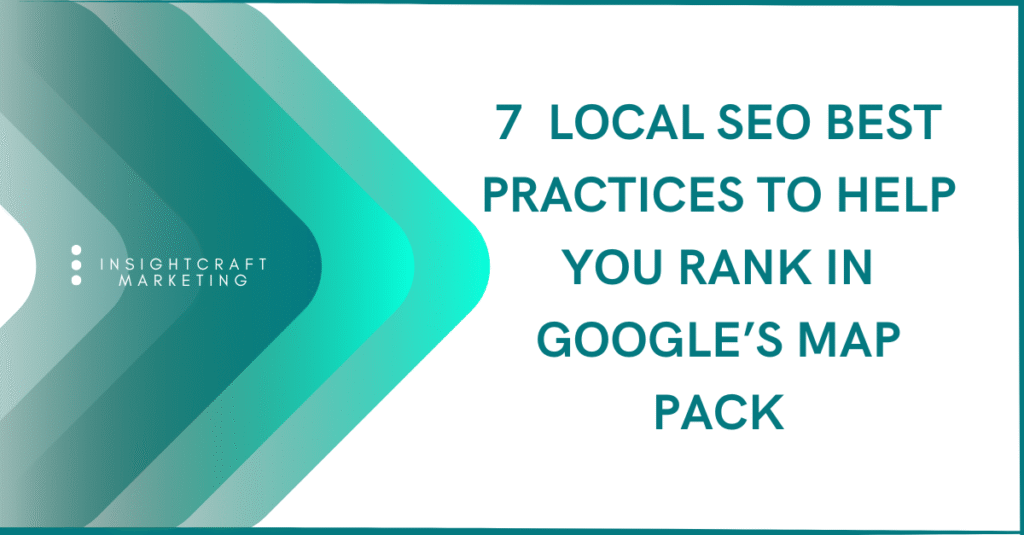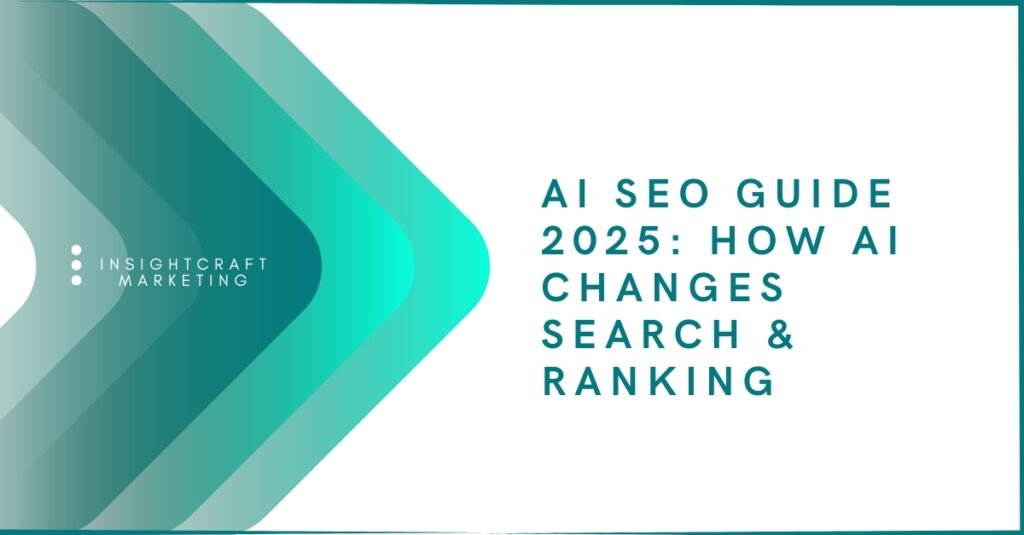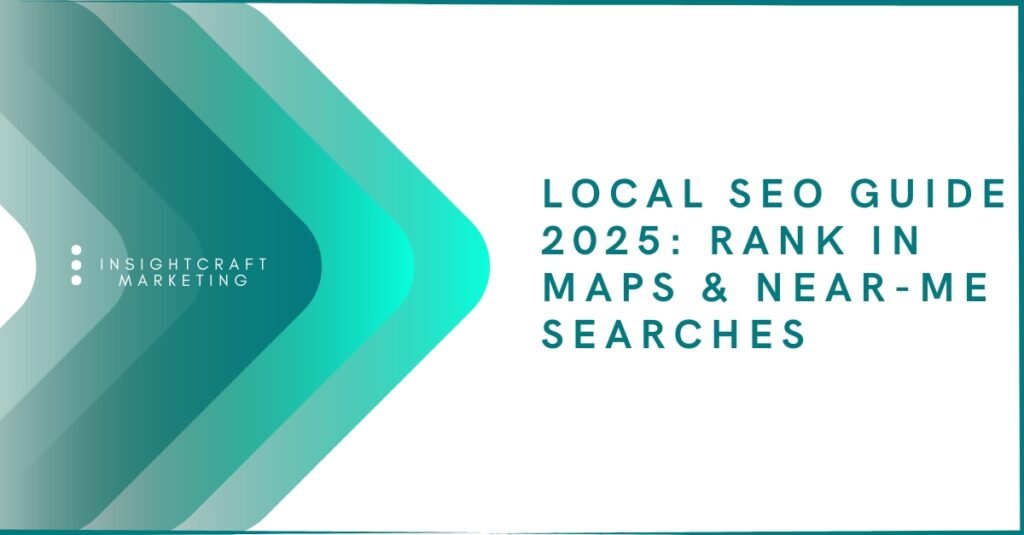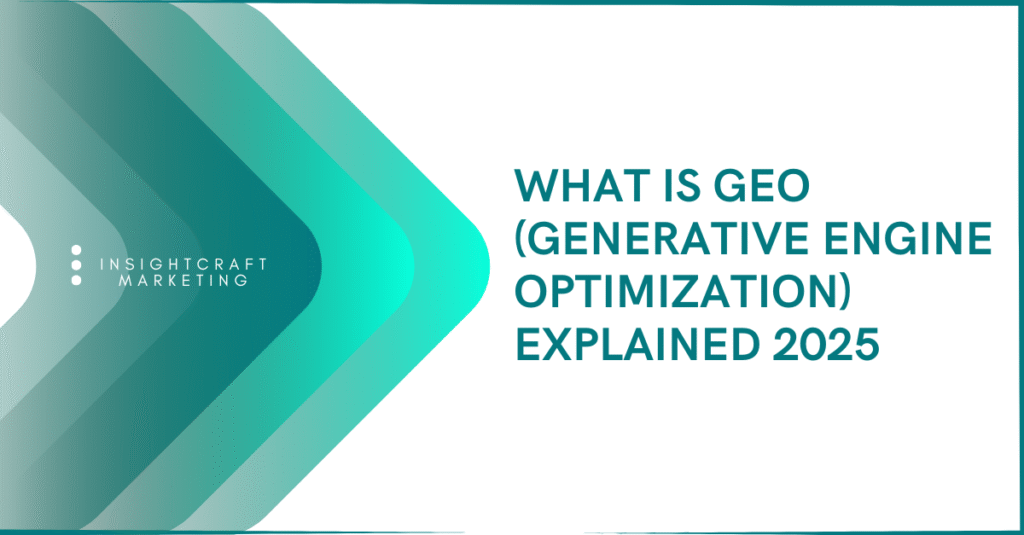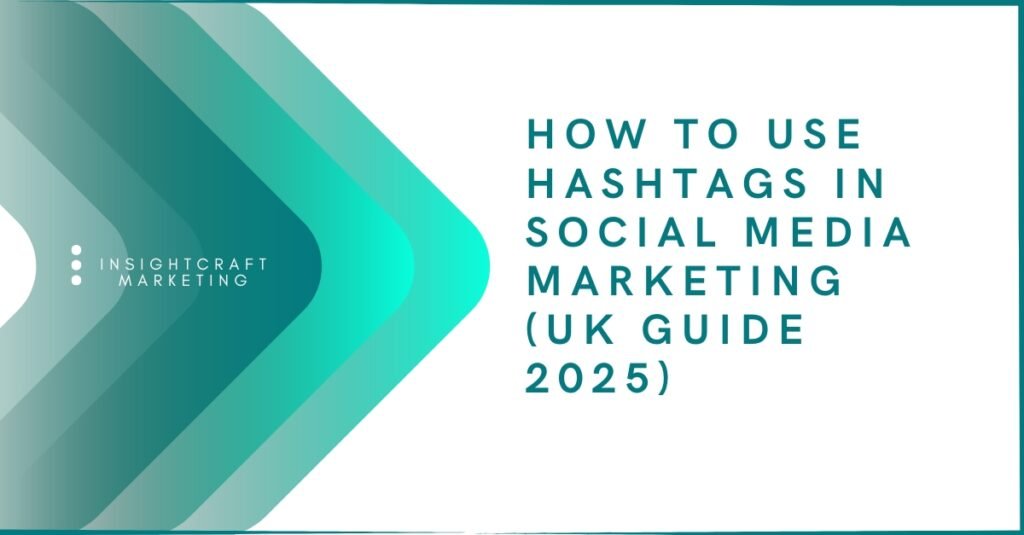What are the best digital marketing strategies for real estate businesses?
The best strategies include SEO to boost visibility, PPC for instant leads, email marketing to nurture clients, graphic design for strong branding, social media to engage communities, CRO to increase conversions, and local SEO to capture nearby buyers. Combining these creates authority, consistent leads, and long-term growth.
The real estate industry has entered the digital age, and to stay ahead of the competition, businesses must harness the power of digital marketing. From SEO and PPC to social media and email marketing, there are countless ways to leverage online tools to drive traffic, increase conversions, and enhance brand recognition. But with so many options, how do you create a winning digital marketing strategy for your real estate business? The key is building a comprehensive strategy that incorporates SEO, targeted PPC campaigns, social media engagement, and email marketing, all working in tandem to create a solid online presence and attract the right audience.
Why Is SEO Important for Real Estate Businesses?
SEO, or Search Engine Optimization, is the backbone of any successful digital marketing strategy. For real estate businesses, ranking high in search engine results is essential to capturing the attention of potential clients. By optimizing your website with the right keywords and content, you can increase your visibility on search engines like Google, attract organic traffic, and build long-term authority in your niche. It is the most effective way to ensure that your business is consistently found by clients who are searching for real estate services in your area.
To truly leverage SEO, follow these actionable steps:
- Research Target Keywords: Identify high-traffic, location-specific keywords such as “real estate in [your city]” or “homes for sale near [neighborhood name]”.
- On-Page Optimization: Ensure your web pages are fully optimized with meta tags, alt texts, and keyword-rich content.
- Create Engaging, Value-Driven Content: Blog about topics like “How to Buy a Home in [City]” or “Top Neighborhoods for First-Time Buyers”.
- Backlinking: Reach out to real estate blogs, industry websites, or local news outlets to generate backlinks that increase your site’s authority.
How Can PPC Advertising Drive Immediate Leads for Real Estate?
Pay-per-click (PPC) advertising allows you to get immediate visibility on search engines and social media platforms. Whether you’re promoting specific property listings or targeting local buyers, PPC campaigns can help generate qualified leads quickly. A well-targeted PPC strategy can be the difference between getting your property noticed and getting lost in the crowd.
How to Set Up a Successful PPC Campaign
- Choose Your PPC Platform: Google Ads and Facebook Ads are highly effective platforms for real estate businesses. Google Ads works well for capturing search intent, while Facebook can help you target specific demographics.
- Create Relevant Ad Copy: Your ad copy should be compelling and include a strong call to action (CTA) like “Contact Us Today” or “Schedule a Viewing Now”.
- Budget Wisely: Start with a modest budget and increase it based on the performance of your ads. Monitor key metrics like Cost Per Click (CPC) and Click-Through Rate (CTR) to optimize.
- Use Remarketing: Set up remarketing campaigns for users who previously visited your property listings but didn’t convert.
How Does Email Marketing Nurture Real Estate Leads?
Email marketing is one of the most effective ways to stay connected with potential buyers and sellers. Whether you’re sending personalized property listings or sharing market insights, email allows you to build strong relationships with your audience over time. Automated drip campaigns and regular newsletters can help you keep your leads engaged and nurture them towards making a purchase.
How to Set Up a Lead Nurturing Email Campaign
- Segment Your Audience: Divide your email list into segments, such as first-time buyers, luxury property seekers, and investors. This allows you to send targeted messages.
- Use Drip Campaigns: Set up a series of automated emails that guide leads through the sales process. For example, an email sequence might start with a “Welcome to Our Real Estate List”, followed by “How to Buy Your First Home”.
- Include Property Recommendations: Customize emails with personalized property listings based on the recipient’s previous behavior on your site.
- Optimize Subject Lines and CTAs: Create attention-grabbing subject lines that encourage opens, and use strong CTAs to drive action, such as “View Listings” or “Contact Us for More Info”.
Why Is Graphic Design Crucial for Real Estate Marketing?
In real estate, first impressions matter. High-quality graphics, whether for online property listings, social media, or print materials, are essential for attracting attention and conveying professionalism. Custom-designed graphics can elevate your listings, create a consistent brand identity, and make your marketing materials stand out.
How to Use Graphic Design in Your Marketing Strategy
- Professional Photography: Invest in high-quality property photos. Great photos can increase interest and lead to faster sales.
- Infographics: Create visually appealing infographics showcasing market trends, neighborhood stats, or home-buying tips.
- Social Media Templates: Use templates for consistent branding on Instagram, Facebook, and LinkedIn posts. These can include property ads, testimonials, and local area features.
How Can Social Media Marketing Benefit Real Estate Agents?
Social media platforms like Instagram, Facebook, and LinkedIn are powerful tools for real estate businesses. By creating engaging content; such as virtual tours, behind-the-scenes posts, and client success stories, you can foster a loyal community and increase brand visibility. Social media marketing also allows you to target specific demographics, making it easier to connect with potential buyers.
Social Media Strategies for Real Estate Success
- Create Engaging Content: Post regular updates about new listings, open houses, and local market trends. Use video content to give virtual tours of properties.
- Utilize Hashtags: Use hashtags like #RealEstateLondon or #HomesForSaleUK to expand your reach and make your posts more discoverable.
- Engage with Your Audience: Respond to comments, answer direct messages, and engage in conversations. Building relationships is key in real estate.
How Does Web Design Affect Real Estate Conversions?
Your website is often the first interaction potential clients will have with your business, so it must make a positive impression. A well-designed real estate website is not only visually appealing but also functional. It should be mobile-responsive, easy to navigate, and optimized for conversions. Elements like call-to-action buttons, fast loading times, and clear contact forms are crucial for turning visitors into leads.
Key Elements of Conversion-Focused Real Estate Websites
- Mobile Optimization: With 50% of users browsing on mobile, ensure your site is mobile-responsive and offers a seamless experience.
- Clear CTAs: Place CTA buttons such as “Schedule a Viewing” and “Get More Info” prominently across pages to encourage action.
- Fast Loading Speed: Ensure your website loads quickly, fast-loading sites are critical for both SEO and user experience.
Why Is Local SEO Essential for Real Estate Agents in the UK?
Local SEO is particularly important for real estate businesses targeting a specific geographical area. By optimizing your website for location-based searches, such as “real estate agents in Birmingham” or “property listings in London,” you increase your chances of being found by local buyers and sellers. Local SEO involves optimizing your Google My Business profile, using location-based keywords, and generating local backlinks.
Local SEO Best Practices for Real Estate Agents
- Claim Your Google My Business Profile: This is the most effective way to improve your local SEO and appear in local search results.
- Use Local Keywords: Incorporate keywords like “real estate agent in [location]” throughout your website and content.
- Collect Reviews: Encourage satisfied clients to leave positive reviews on Google and other review platforms.
Why Is CRO (Conversion Rate Optimization) Essential for Real Estate Websites?
CRO focuses on improving the user experience on your website to encourage visitors to take action whether it’s scheduling a property viewing, signing up for your newsletter, or contacting you for more information. Simple adjustments like improving website speed, simplifying forms, and adding trust signals (testimonials, certifications) can significantly boost conversion rates.
Steps to Optimize Your Website for Conversions
- Simplify Forms: Keep forms short and to the point, asking for only essential information like name, email, and phone number.
- Add Trust Signals: Display client testimonials, security badges, and professional certifications to increase trust.
- A/B Testing: Regularly test different versions of landing pages to see what performs best.
Key Digital Marketing Strategies for Real Estate
| Strategy | Key Benefit | Expected SEO Impact |
|---|---|---|
| SEO | Boosts organic visibility | Improves ranking and long-term traffic |
| PPC | Generates immediate leads | Quick visibility and targeted ads |
| Email Marketing | Builds relationships with leads | Enhances lead nurturing and retention |
| Graphic Design | Makes listings more appealing | Increases engagement and conversion |
| Local SEO | Targets nearby buyers | Increases local search visibility |
| CRO | Improves on-site conversions | Higher ROI from existing traffic |
Your Path to Digital Marketing Success
A comprehensive digital marketing strategy is essential for real estate businesses looking to stand out in today’s competitive market. From SEO and PPC to social media and email marketing, every aspect of digital marketing plays a critical role in driving leads and conversions. By investing in these strategies and continuously optimizing them, you can build a strong online presence, generate qualified leads, and grow your business in the real estate industry.
If you’re ready to take your real estate marketing to the next level, contact us today and let our expert team help you craft a custom digital strategy that will drive leads, boost conversions, and establish your brand as an industry leader.
Frequently Asked Questions
How much does digital marketing usually cost for a real estate business?
Costs vary widely by goals and location. A smaller campaign may only need modest spend on SEO or ads, while larger firms in competitive markets often invest more. A common benchmark is 5–10% of expected revenue allocated to marketing.
Which channel gives the fastest return: PPC, SEO, or social?
PPC delivers the quickest results, often within days. SEO takes longer but builds sustainable visibility. Social media works best for engagement and retargeting. The strongest approach is combining PPC for instant leads, SEO for steady growth, and social for brand trust.
How important is local SEO in competitive cities?
It’s critical. Optimising Google Business Profile, using city-specific keywords, and collecting local reviews decide who shows in map results. In dense markets, local SEO is often the deciding factor for visibility and enquiries.
What content formats do property buyers engage with most?
Buyers respond well to video tours, high-quality photo galleries, local area guides, and quick market snapshots. Content that blends property details with lifestyle context earns higher clicks and shares.
How often should I email without annoying subscribers?
For new leads, 1–2 emails per week works well. Ongoing updates can be sent monthly, and hot property alerts immediately. Balance the mix by keeping most emails educational and only a smaller share promotional.
Which website features increase enquiries from listing pages?
Mobile-first design, fast load speed, clear CTAs, and short forms help. Trust signals like reviews and accreditations add credibility. Rich listing details such as floor plans, maps, and school info increase dwell time and conversions.
How do I measure and improve conversion rate from visitors to viewings?
Set up goals in analytics for forms, calls, and viewings. Track ad and social campaigns with UTM tags. Run A/B tests on CTAs and layouts, review heatmaps for friction, and reduce form fields. Continuous testing improves lead conversion rates over time.

Irum doesn’t just write..she builds stories that cut through the noise. Her words carry clarity, edge, and intention, crafted for readers who expect more than the ordinary.



